Understanding what’s truly healthy and what’s masquerading as such can be daunting. Many foods are marketed as healthy, but a closer look reveals they might not be as beneficial as they seem.
Conversely, some overlooked foods offer genuine nutritional benefits. This article explores five foods that aren’t as healthy as they seem and five that truly deserve the healthy label.
1. Instant Oatmeal Packets
Instant oatmeal packets, often marketed as a convenient breakfast option, may not be as beneficial as they seem. Many of these packets contain added sugars and artificial flavors, which can undermine their nutritional value. A typical serving can contain excess sugar, leading to energy spikes followed by crashes.
Moreover, the processing removes some natural fibers. Instead of these sugary packets, opt for traditional oats, which provide sustained energy without the sugar rush. For those seeking a wholesome breakfast, traditional oats with fresh fruits and nuts make an excellent choice.
2. Granola Bars
Granola bars, the go-to snack for many health-conscious individuals, often hide unhealthy secrets. Despite their healthy image, many bars are packed with sugars and unhealthy fats. Ingredients like high-fructose corn syrup and hydrogenated oils can be commonplace.
These ingredients contribute to increased calorie intake without much nutritional benefit. Instead, consider making homemade bars with nuts, seeds, and natural sweeteners. These homemade alternatives ensure control over ingredients and can significantly improve the nutritional profile of this popular snack.
3. Fruit Juice
Fruit juice is often perceived as a healthy alternative to soda, but it can be just as detrimental. Many commercial fruit juices contain added sugars and lack the fiber found in whole fruits. Consuming these juices can lead to sugar spikes without the satiety that whole fruits provide.
For a healthier choice, opt for whole fruits or freshly squeezed juices with no added sugar. These options not only quench thirst but also offer essential nutrients and fibers beneficial for digestion.
4. Flavored Yogurt
Flavored yogurt is a favorite among those seeking a quick snack, but it may not be as healthy as assumed. These yogurts can contain more sugar than some desserts, negating the benefits of probiotics. Added flavors and sweeteners can also mask genuine nutritional content.
Choosing plain yogurt and adding fresh fruits allows for control over sugar content while retaining the beneficial probiotics. This switch not only enhances the yogurt’s taste but also boosts its health benefits, making it a true nutritional ally.
5. Multigrain Bread
Multigrain bread sounds wholesome, but labels can be misleading. Many varieties contain refined grains, offering little more than plain white bread. It’s essential to check labels for whole grains, as these provide the fiber and nutrients bread should offer.
When selecting bread, look for ‘100% whole grain’ to ensure you’re getting all the nutritional benefits. Choosing whole grain over multigrain ensures a diet rich in fibers that aid digestion and promote heart health, making each slice more than just a filler.
6. Plain Popcorn
Plain popcorn emerges as a surprising yet wholesome snack. Unlike its buttery and salty cinema counterpart, plain popcorn is low in calories and high in fiber. This makes it an excellent choice for those seeking a crunchy, satisfying snack without the guilt.
Air-popped popcorn offers a whole-grain option that can be enjoyed with a sprinkle of sea salt or nutritional yeast for added flavor. As a versatile snack, it’s perfect for movie nights or a quick afternoon munch, providing both taste and nutrition.
7. Canned Tuna
Canned tuna is a nutritional powerhouse often overlooked. Packed with protein and omega-3 fatty acids, it supports heart health and muscle maintenance. It’s also a convenient option for quick meals, fitting well into salads and sandwiches.
Choosing tuna canned in water rather than oil can reduce fat content, making it even healthier. A staple in many pantries, canned tuna provides essential nutrients that are crucial for overall wellness and is an easy way to add variety and protein to any diet.
8. Nut Butter
Nut butter, whether almond or peanut, offers a delicious and nutritious spread. Packed with healthy fats, protein, and vitamins, it supports heart health and provides lasting energy. Unlike many commercial spreads, natural nut butters are free from added sugars and preservatives.
Opting for varieties that list only nuts and perhaps a pinch of salt ensures maximum health benefits. This versatile spread can be paired with fruits, bread, or smoothies, making it a delightful addition to any meal.
9. Frozen Mixed Vegetables
Frozen mixed vegetables are a convenient and nutritious addition to any meal plan. Flash-frozen at peak ripeness, they retain essential vitamins and minerals. This preservation process makes them as nutritious as fresh vegetables, sometimes even more so due to reduced spoilage.
They require minimal preparation, making them perfect for quick meals. Whether added to stir-fries, soups, or pasta, frozen vegetables provide a colorful, healthy boost. Their versatility and nutritional value make them a staple in health-conscious kitchens.
10. Canned Beans
Canned beans offer an affordable and nutritious way to boost your diet. These legumes are rich in protein, fiber, and essential nutrients, promoting heart health and digestion. Convenient and versatile, they can be added to salads, stews, or even enjoyed as a side dish.
When selecting canned beans, look for options with no added salt to maximize health benefits. A pantry staple for many, they provide an excellent protein source for vegetarians and anyone looking to improve their diet with ease.
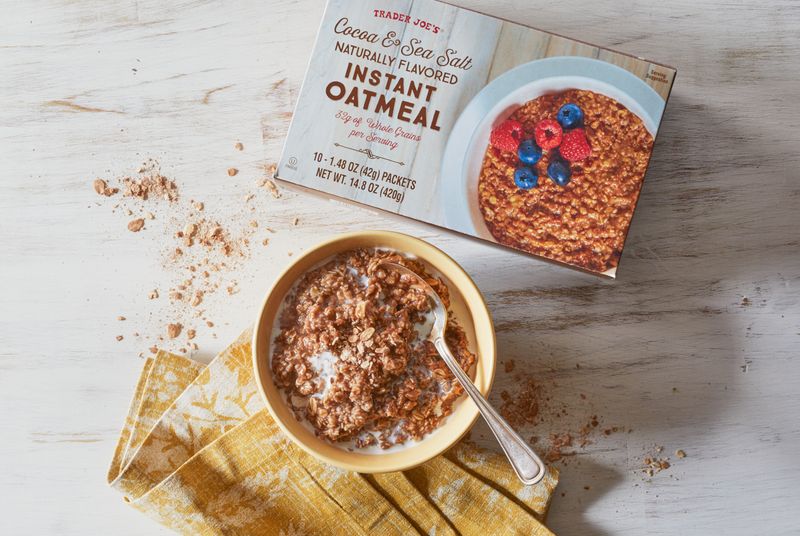
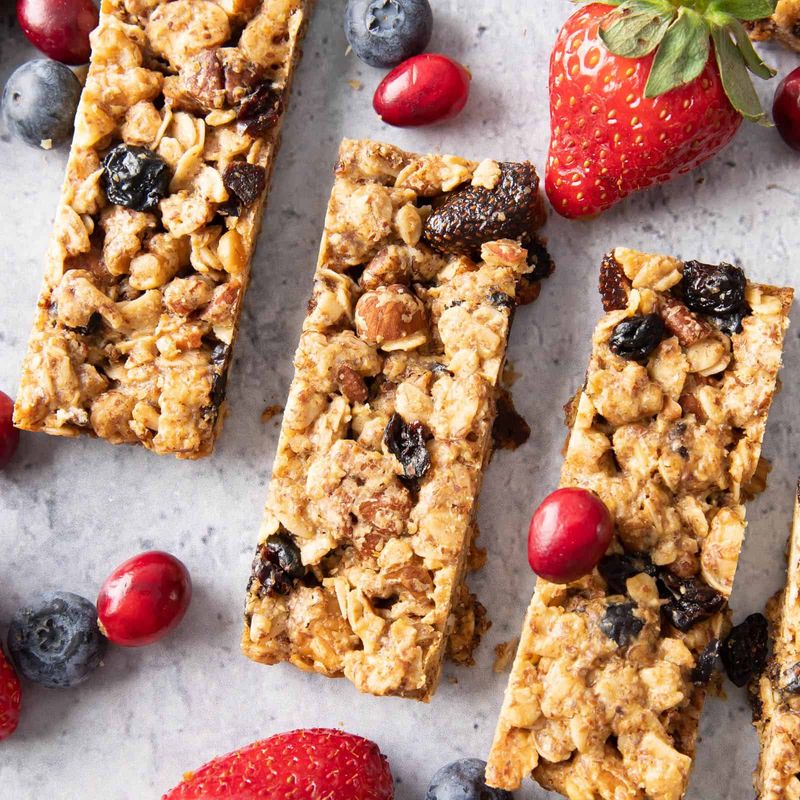
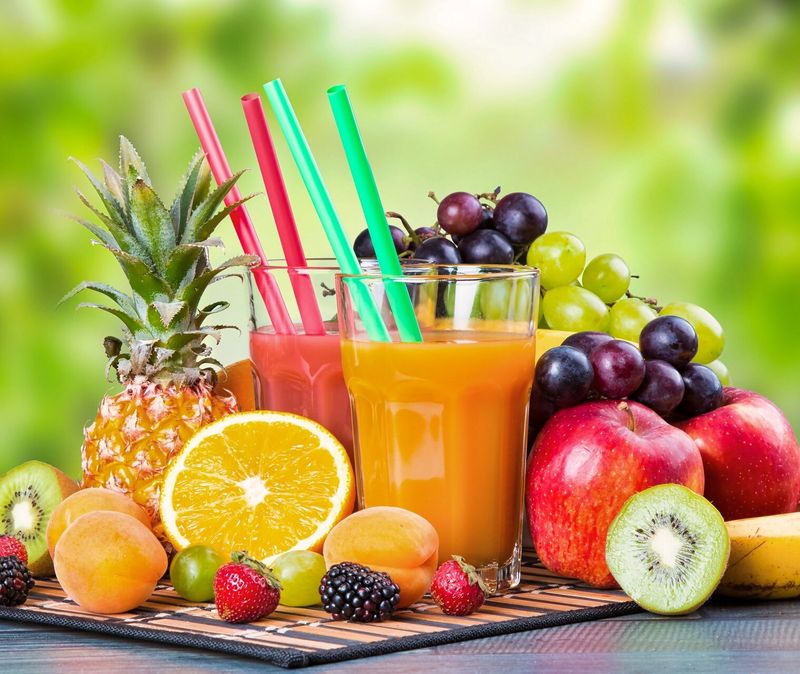
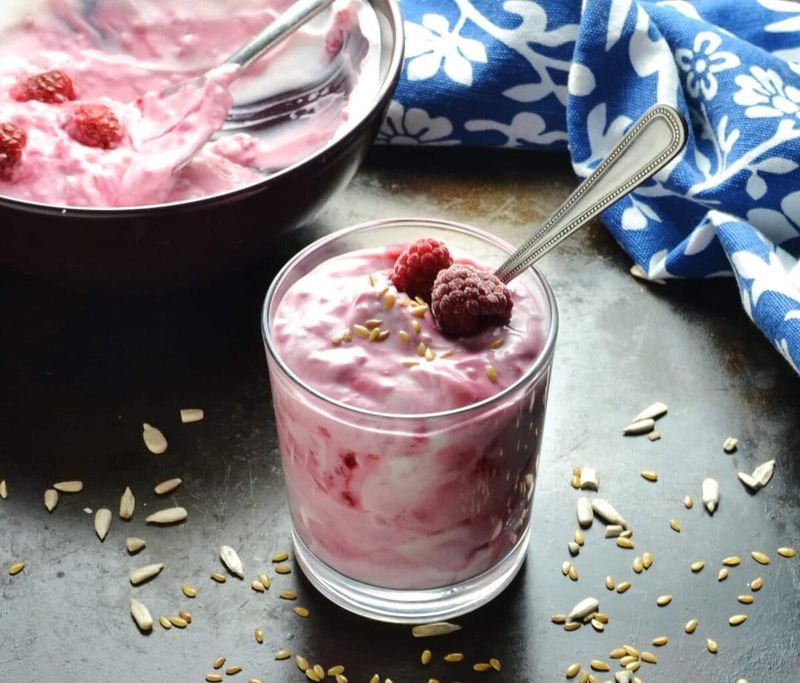
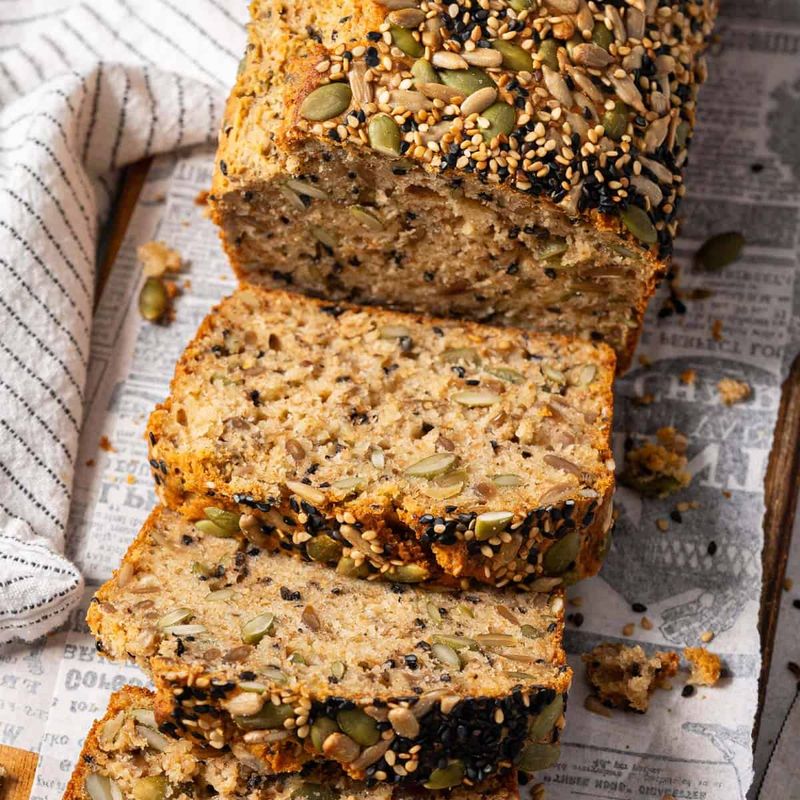
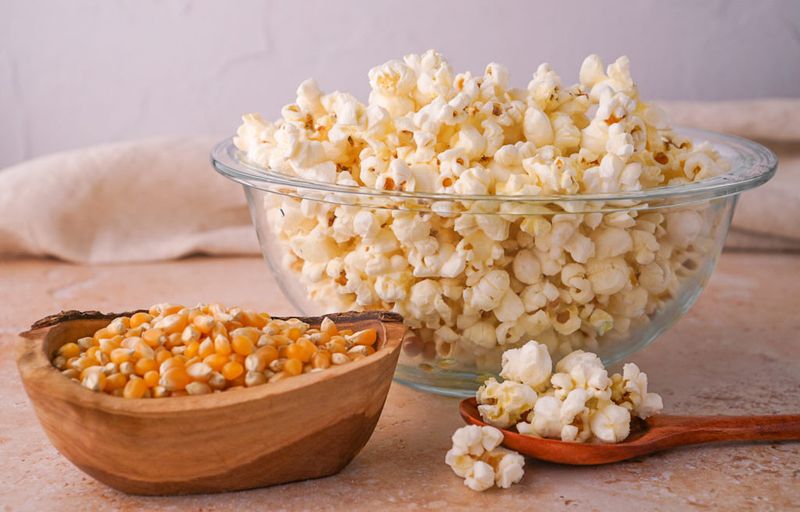
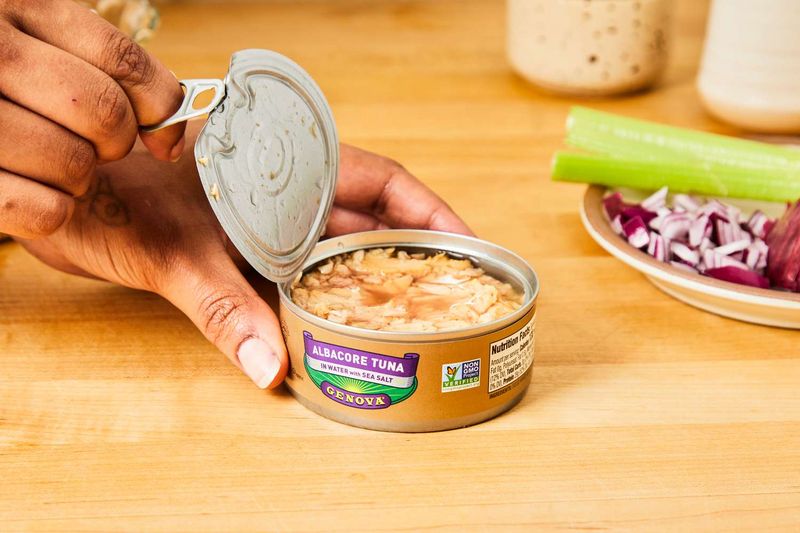
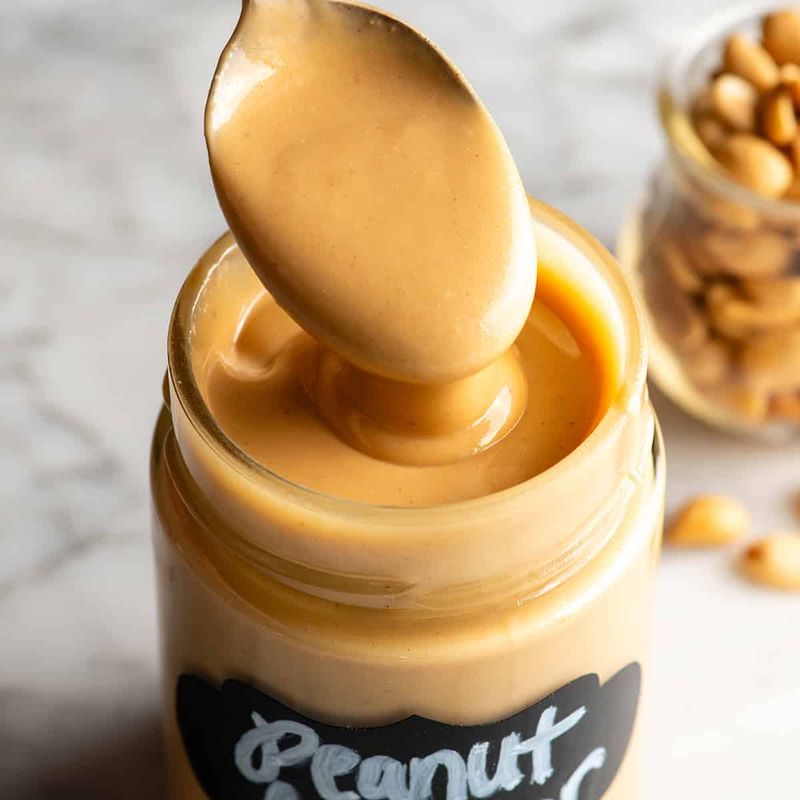
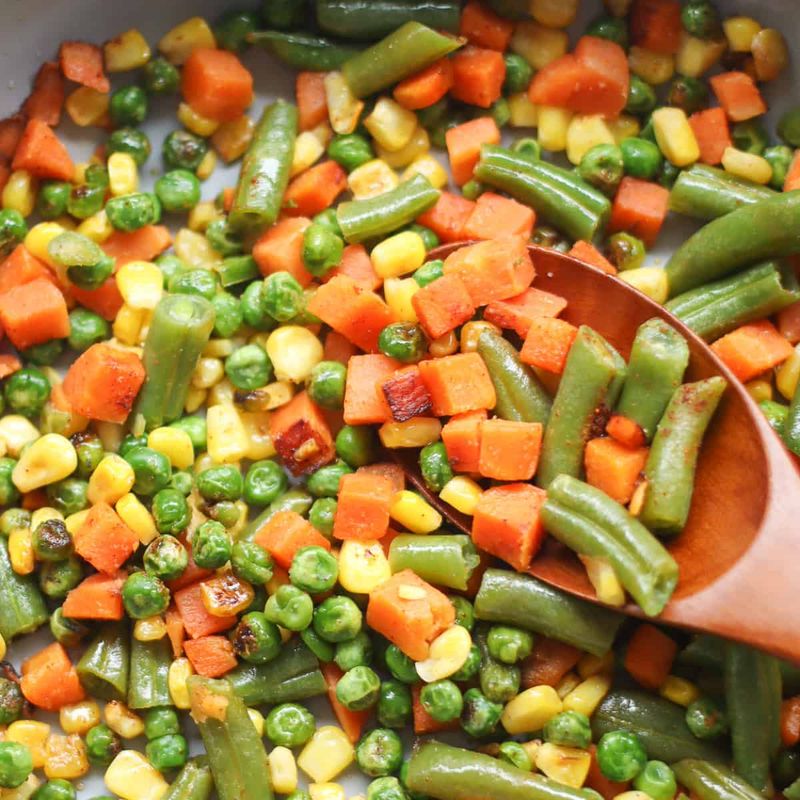
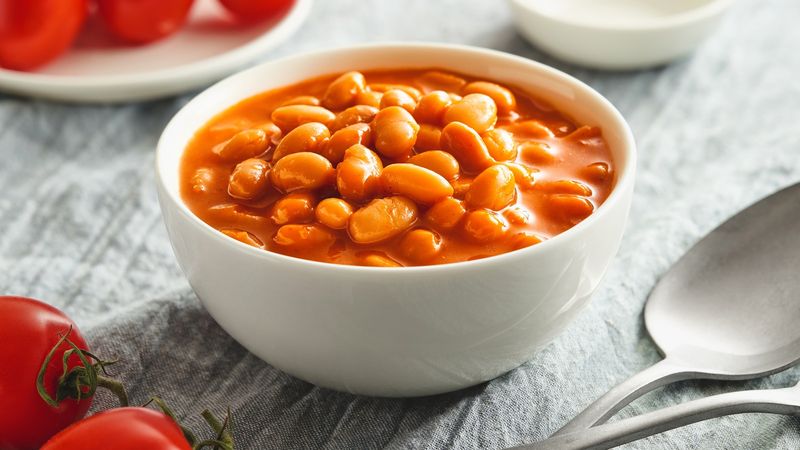
Leave a comment